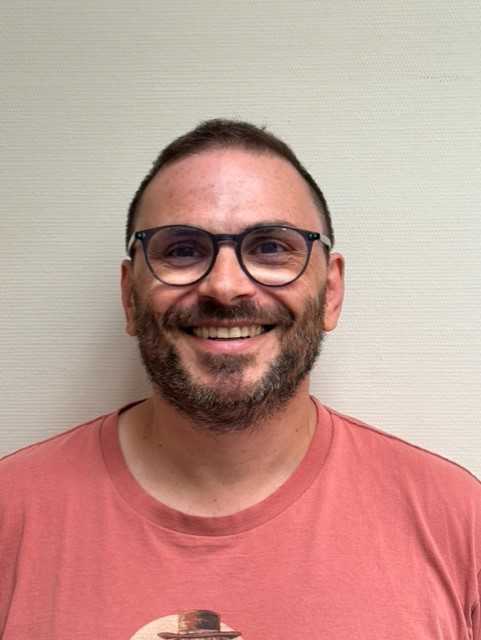Coordinated by Professor Yann Pellequer, the “Inflammation resolution and therapeutic innovation” group is interested in the identification of new therapeutic strategies and new biomarkers for chronic inflammatory diseases, and the management of their fibrotic complications and cardiovascular or intestinal comorbidities.
The objectives of the researchers in this axis are as follows :
- To understand the mechanisms involved in the deregulation of the resolution of inflammation and its consequences (fibrosis), via the understanding of interactions between myeloid cells (i.e., monocytes and macrophages), epithelial cells and fibroblasts.
- Identify new biomarkers based on the analysis of the “resolutome” and the role of local tissue immunity actors
- Develop relevant in vitro/ex vivo models that mimic the deregulation of inflammation resolution and its complications
- Develop new pro-resolving strategies to prevent or treat chronic inflammatory diseases and their complications.
- Develop new drug formulations that potentiate the efficacy of pro-resolving strategies.
The new pro-resolving strategies developed are based on the reprogramming of macrophages towards an efferocytic phenotype, and benefit from the expertise acquired during the development of SuperMApo, a complex drug derived from the efferocytic macrophage secretome. The development of new models relies on the expertise of researchers in 2D, 3D, multiparametric and multicellular cell/tissue models (fibroblasts, epithelial cells, macrophages). The researchers of this axis have the relevant animal and cellular models for the study of cardiovascular comorbidities of chronic inflammatory diseases, as well as the study of the link between intestinal dysfunctions/comorbidities and chronic inflammatory pathologies. Our work is particularly interested in rheumatic, cutaneous, intestinal, pulmonary or hepatic chronic inflammatory diseases. The research developed is translational and relies on local cohorts or registries (e.g. Super-Bio, MISTIC) and on interventional studies.
